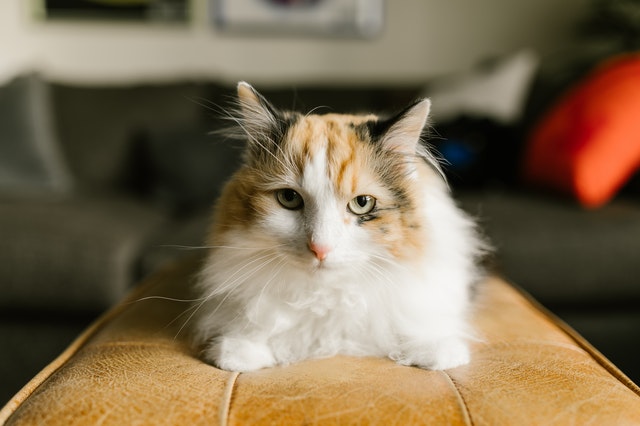
A cat can become a beloved member of your family after they have been in your home for just a short time. While this will inspire you to do everything you can for your cat, you may not realize their care needs will change as they get older. In particular, senior cats or cats 11 years or older have different care needs than younger cats. By learning more about the changing health of senior cats, you can provide your cat with a better quality of life for longer.
Adapt to Dietary Changes
A senior cat has different dietary needs since their metabolism will slow down as they get older. This means keeping them on the same food and feeding them the same amounts will cause your cat to gain weight and become unhealthy. You should talk to your vet about switching to cat food that’s specially designed for senior pets.
Senior cat food is engineered to provide more nutrients without increasing caloric intake. You should switch from feeding your cat once or twice a day to providing small amounts of food at various times throughout the day. This will ensure they will still get the nutrients they need without allowing them to gorge themselves. Be sure there is always fresh drinking water for your cat as well. Senior cats face a higher risk of kidney disease and other metabolic conditions if they don’t drink enough water.
Pay Closer Attention to Health Changes
Since cats can’t speak, it will be up to you to identify when your cat is suffering or in pain. In particular, it can be almost impossible to know when your cat has developed arthritis in its joints. Typically, a pet that moves slower or prefers to be left alone is suffering or sick, so a change in behavior should prompt a visit to your vet. If your cat does move slower or exhibits other symptoms of arthritis, you can help them by making changes in the house. Get them an extra large litter box or new bedding that’s easier to access. Talk to your vet about other changes you can make to give your senior cat an easier life.
Keep Your Cat’s Teeth Healthy
It’s always important to look after your cat’s teeth, but this becomes more important as your cat reaches their senior years. Older cats face a greater risk for decay and gum disease than younger cats. They’re also more likely to get holes in their teeth or develop oral tumors. Additionally, oral infections will enable bacteria to get into the blood supply, causing infections in the liver, kidneys, and stomach. Take better care of your senior cat’s health by following a good dental care routine. If you don’t know how to care for your cat’s teeth, follow your vet’s advice.
Physical and Mental Stimulation is Essential
Physical and mental stimulation will help your cat feel happier and more lively, but their physical fitness needs will change as they get older. This may require moving cat toys to locations that are closer to the floor. Hang toys over your cat’s bedding, so they can play as they lie in their bed. Carpeted cat ramps can also help your senior cat get to places that are now harder for them to reach. Relocate food and water bowls if they are currently placed on a cat tower or other elevated place. Look for more ways to make play easier for your cat.
Visit Your Vet Twice a Year
In the past, you probably only took your cat to see a veterinarian once a year, and that was enough for a checkup and to get booster shots. As they reach their senior years, your cat will need more frequent visits to the vet. Unless your veterinarian tells you otherwise, your cat should get a checkup every six months. This will help the vet identify any health problems that are developing. Spotting liver disease, tumors, and other conditions early can provide a broader range of possible treatments. Early detection will also increase the effectiveness of the treatments you choose for your senior cat.
While you want to provide your cat with good food, water, and exercise, don’t overdo it. Remember that a senior cat isn’t as active, and they may have general body soreness that keeps them from playing as often. You’ll give your cat the quality of life it needs when you watch for cues from your cat and give them rest when they need it.


